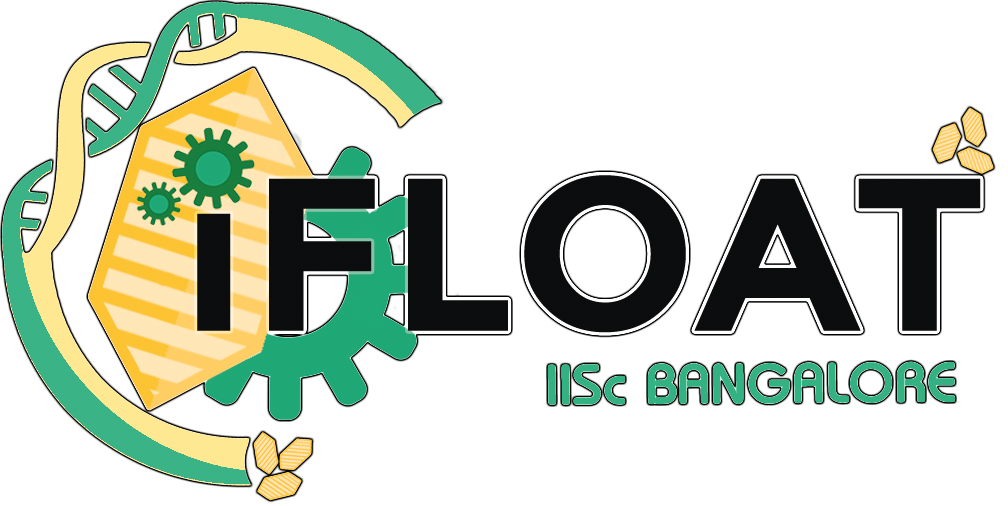Raj Magesh (Talk | contribs) |
Raj Magesh (Talk | contribs) |
||
| Line 42: | Line 42: | ||
<h1 id="gas-vesicles">Gas Vesicles</h1> | <h1 id="gas-vesicles">Gas Vesicles</h1> | ||
| − | <p>We are | + | <p>We are using purified gas vesicles from <i>Halobacterium salinarum</i> NRC-1 (a model archaeon) to demonstrate aggregation, but will not be working with the live organism. These gas vesicles are entirely non-immunogenic as demonstrated by <i>in vivo</i> studies in mammalian systems — they are non-toxic and harmless to humans.</p> |
<h1 id="anabaena">Anabaena flos-aquae</h1> | <h1 id="anabaena">Anabaena flos-aquae</h1> | ||
Revision as of 00:34, 2 November 2017
Lab Safety
These photos depict relevant safety features of our lab.




Gas Vesicles
We are using purified gas vesicles from Halobacterium salinarum NRC-1 (a model archaeon) to demonstrate aggregation, but will not be working with the live organism. These gas vesicles are entirely non-immunogenic as demonstrated by in vivo studies in mammalian systems — they are non-toxic and harmless to humans.
Anabaena flos-aquae
We planned to culture Anabaena flos-aquae (UTEX 2557) and extract gas vesicles from it to test our methods of inducing clustering. This strain of Anabaena was chosen as it has lost the ability to produce anatoxin-a and is axenic (no bacterial contamination).

Strains
We used common lab strains of E. coli for our chassis. DH5α was used for cloning due to its high transformation efficiency and its recA and endA mutations. BL21 (DE3) was used to overexpress our fusion protein under the T7 expression system as it contains the gene encoding the T7 RNA polymerase.












